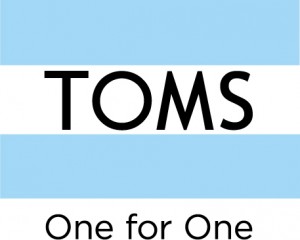After reading Rachel’s blog post on child labour in the US, I was surprised to learn that child labour still exists in countries like the United States. One of the reasons why I was so surprised is because Western culture acts as if we are clear of these problems. I especially find this attitude because we continually point out how developing countries should learn how to set up ethical systems for employment. However, how can one direct others when they have not overcome these problems themselves?
The employment of children in tobacco farms is not under the radar, in fact it is actually legal. It is interesting to note that the US has kept this a secret, and not many people know about it. Had I not read Rachel’s post, I would not have been aware of this issue.
Outsourcing is sometimes seen as a dangerous move because companies do not always know about the quality and production of their products. But companies should also be aware of the negative consequences within their own country’s systems. In both cases, the production of products should play a big role in the company’s decisions of how they produce. Companies should avoid child labour as it is unethical, and has many negative consequences on the children.
Works Cited:
https://blogs.ubc.ca/rcheng/
http://www.hrw.org/news/2014/05/14/us-child-workers-danger-tobacco-farms
